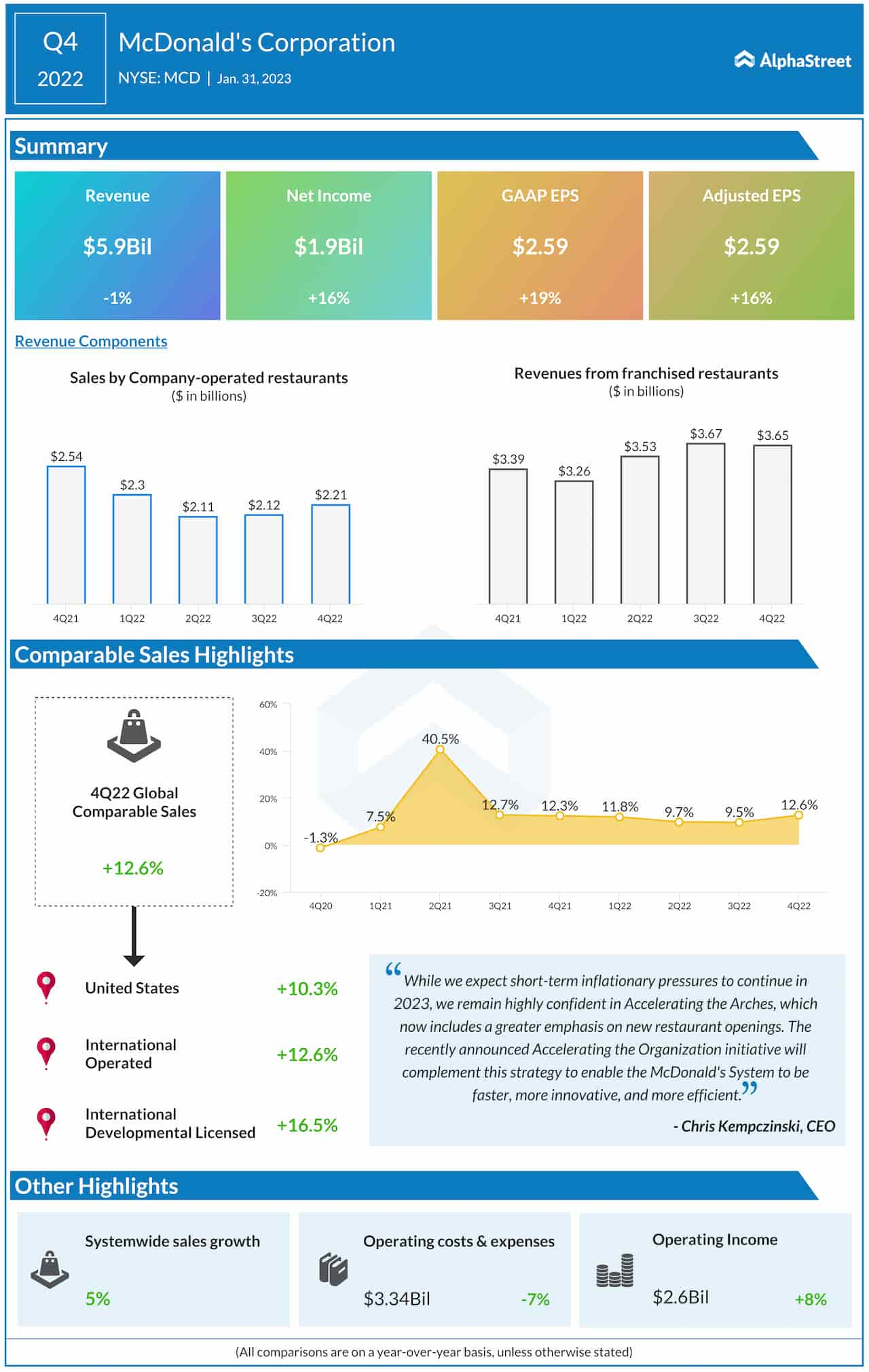Bill Pugliano / Getty Images
On Friday, Michigan repealed an 11-year-old law that weakened unions’ power in the workplace. Known as a “right-to-work” law, this type of legislation has been around since at least 1943, and Michigan is now one of only a handful of states to ever repeal it.
When Michigan’s law passed in 2012, the state was firmly in Republican hands. The party held control of the governorship, state Senate and House, after riding the Tea Party wave to power. Conversely, this repeal comes a few short months after the Democratic Party — which has long allied with unions — scored their own trifecta for the first time in roughly four decades. Meanwhile, in 2022, unions reached their highest popularity since 1965. In the repeal of right-to-work, though, partisanship could play just as much of a role as love of unions does.
Because every worker covered by a union contract receives its benefits, private-sector unions are often allowed to collect fees from those employees regardless of whether they join the union. But the 1947 Taft-Hartley Act allowed states to pass laws — branded “right-to-work” laws” — that would end that practice, and a flurry of states did indeed pass them.
The primary effect of the laws is to weaken unions in the states where they’re passed. Because workers can gain the benefits of unionization without paying for them, it creates a classic “free-rider” economic problem. Why pay union dues if you get the benefits anyway? As a result, unions often have fewer resources to organize and bargain with.
Many states passed their right-to-work laws in 1947, right after the Taft-Hartley Act, and they tended to be southeastern, southwestern and/or heavily agricultural states. The laws also played on racism, antisemitism and anti-communist leanings in these states, according to a report from Michael Pierce, a historian at the University of Arkansas. Pierce details how Vance Muse, a pioneer of right-to-work laws and the head of the Christian American Association, described the laws as a way of preventing strikes and empowering police to uphold Jim Crow and suppress Black people.
In the 2010s, as Republicans gained power in statehouses nationwide, there was a renewed push to pass right-to-work laws in new states, and organizations such as the American Legislative Exchange Council provided model legislation. Since 2012, Indiana, Michigan, Wisconsin, West Virginia and Kentucky passed these sorts of laws, and Alabama and Tennessee passed right-to-work constitutional amendments, making them harder to overturn. Before Michigan’s repeal, 27 states had right-to-work laws, constitutional amendments or both.
Similarly, in 2018, the Supreme Court ruled that public-sector workers covered by a collective bargaining agreement did not have to pay union dues. This ruling, combined with state-level right-to-work laws, has created a difficult legal environment for unions and weakened their power, said Sharon Block, the executive director of the Center for Labor and a Just Economy at Harvard University. “I think it has had an impact on numbers, but it’s also had an impact on resources,” she said.
That became clear as new laws took effect. Unlike in the South, Wisconsin, Michigan and Indiana had been relatively heavily unionized. But multiple studies showed that union density dropped in most of those states in the aftermath of the passage of right-to-work laws, compared with other similar states, even taking the Great Recession into account. There is also some evidence that such laws lowered wages and employee benefits in states that adopted them.
Proponents of right-to-work laws have long held that decreasing unions’ power in a state will entice employers and lead to more jobs, and that the benefits of added employment lift people out of poverty and increase job satisfaction. “There’s well-known stories about especially Southern states saying, ‘Well, we’re gonna give you a bunch of subsidies to support your investment, and also we’ll make sure there’s going to be no union,’” said Thomas Lemieux, an economist at the University of British Columbia who has studied the recent wave of right-to-work laws. However, studies suggest that that hasn’t led to wage growth or greater worker protections in those states. A common criticism about many studies showing the benefits of right-to-work laws is that they fail to control for all of the other factors that might lead to economic and job growth. “It’s certainly fair to have a debate about what are the costs and benefits of unionization,” Lemieux said.
Lemieux said that the jobs created tend not to include the benefits that unionized jobs bring, because the workers have little bargaining power. In states like Michigan, income inequality has increased as union density has declined; this appears to be because the presence of unions tends to lower the number of households at the top and bottom of the income scale. The presence of unions may also signal support for, and provides organizing around, other state policies that benefit workers, said David Kemper, the senior state policy coordinator at the Economic Policy Institute, a left-leaning think tank that supports unions. In general, right-to-work states scored lower on a number of issues, from wages to workplace safety conditions to political participation, according to a report by Illinois Economic Policy Institute. and the Project for Middle Class Renewal at the University of Illinois Urbana-Champaign.
Maybe this is why Michigan Democrats quickly set about striking down the state’s right-to-work law: Weakened unions are less able to support Democratic candidates, which helps explain both why Republicans champion anti-union laws and Democrats in Michigan were eager to repeal them. In Illinois, too, the legislature recently passed the Workers’ Rights Amendment to their state constitution, preventing right-to-work laws from passing in the future. And these changes suggest future protections for unions in states where Democrats gain control of state government.
“I think success is contagious, success can breed success and that it gives workers confidence that bucking the trends of the past couple of decades is possible,” Block said.
CORRECTION (March 24, 5:05 p.m.): A previous version of the chart in this story did not include a 1957 right-to-work law passed in Indiana, nor its repeal in 1965. The chart has been updated.














